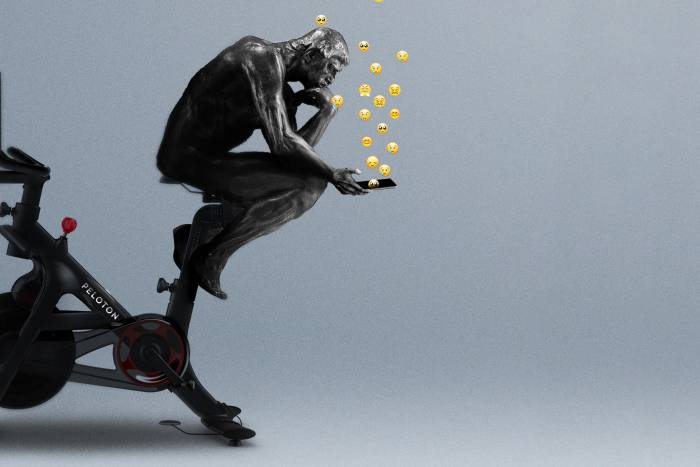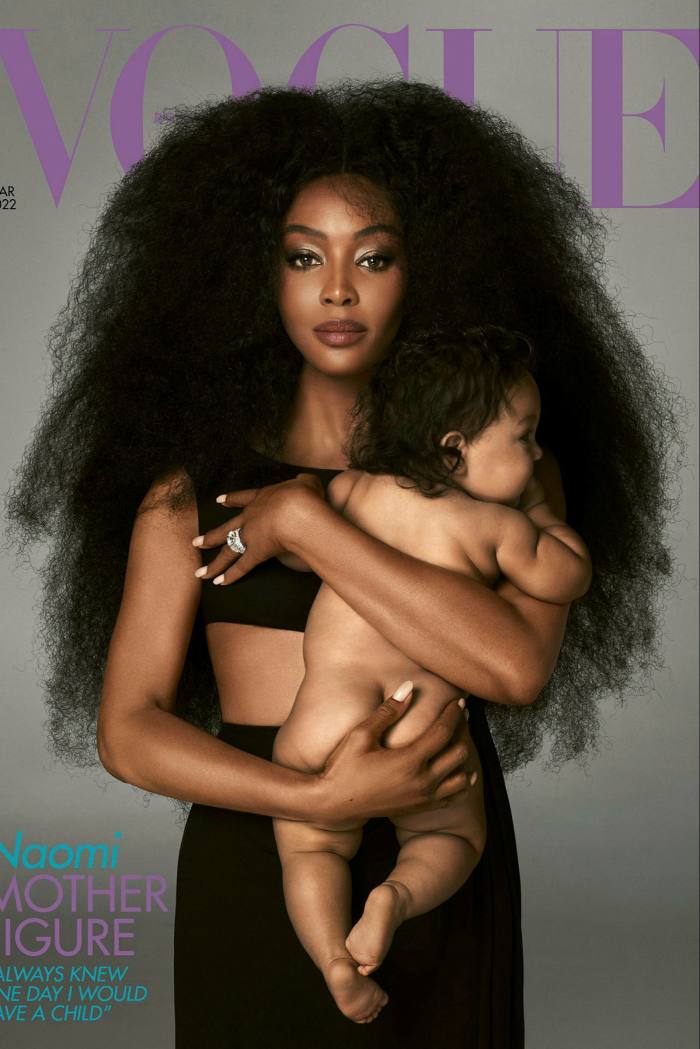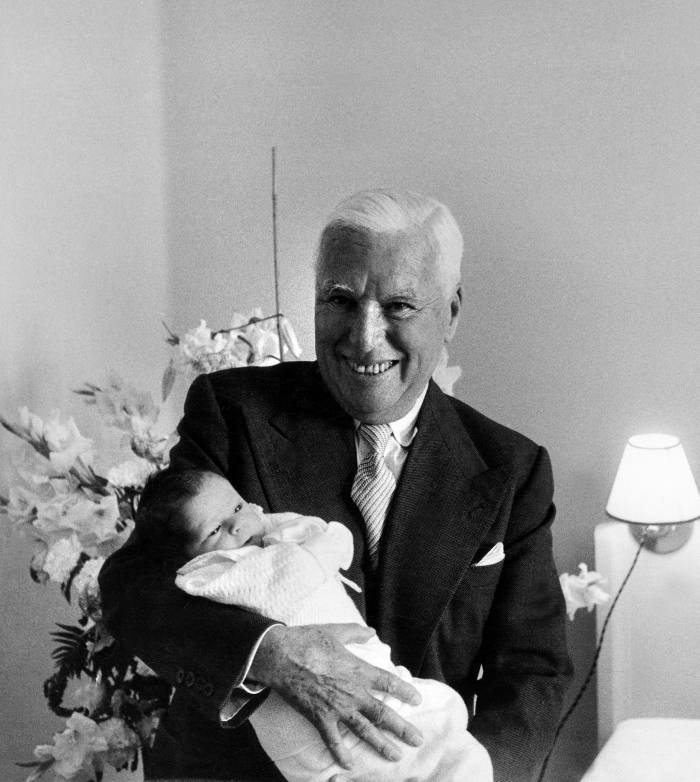In a new documentary examining the life of Charlie Chaplin, the filmmakers explore the cultural legacy of the actor who became a global icon playing a little tramp. As well as being a gifted vaudevillian and mime artist, though given to lachrymose sentimentality (I’ve always been team Buster Keaton), he was also an older parent.
Chaplin had his last child, Christopher James Chaplin, in 1962, more than 40 years after his first one. Aged 73, he became the poster boy for male virility and the patron saint of late-season progenitors whose other celebrity members include Michael Douglas (58), Paul McCartney (61) and Steve Martin, who became a first-time father at 67. Mick Jagger became the oldest celebrity father in 2016, when he snatched Chaplin’s longstanding, albeit unofficial, title. But Chaplin’s name is still invoked by men as an example of leave-it-till-later fatherhood.
That men aren’t forced to make life choices based on their biological make-up continues to be an awkward argument from which there are often unhappy outcomes. Women are terrorised by the knowledge that their fertility starts plummeting shortly after they turn 30. Men are wont to spend their early adulthood larking around without the constraints of responsibility.
I am still haunted by words once written by my colleague Janan Ganesh about the joy of being in one’s thirties. Life’s best decade, he argued, was particularly fulfilling because you have “more energy”, a “strenuous social life” and could explore your “youthful curiosity”. By contrast, I recall my thirties as being the most physically and mentally challenging: my social life came to a standstill, my career stalled and I spent my energy raising a baby.
While I’m cautious of flagging so much heteronormative behaviour, it seemed a good illustration of the different attitudes men and women traditionally have about ageing. For many women, the awful, resounding certainty of one’s declining fertility puts hard roadblocks on one’s ambitions. And while I’m not suggesting that many young men aren’t impatient to become fathers, it does suggest that conversations about partnerships, families and the future often start from different standpoints.
As the birth age creeps ever older (according to the Office for National Statistics, 50.1 per cent of women born in 1990 were childless at the time they turned 30), so are the rates of infertility. One in seven heterosexual couples in the UK face fertility issues, and the numbers are increasing. Despite the advances in medical technology, the results from fertility treatments remain comparatively dreadful. There’s an appalling lack of transparency around the success of IVF treatment (only 8 per cent if you’re more than 40), while women using their own frozen eggs in treatment have an average success rate of only 18 per cent.
Few people like to talk about this, however, because it sounds so critical and doomy. No one wants to tell the friend going in for their fifth round of IVF at the age of 39 that the chances of conception are very slim. And neither, maddeningly, do the private practices offering such treatments, because they’re making far too much money. Instead, we lean towards optimism when talking about having babies because we’re not total monsters and the truth is too unpalatable. We talk of miracle births and wonderful surprises and then deify older mothers.
This week, for example, finds Naomi Campbell, 51, on the cover of Vogue looking beatific with her nine-month-old daughter. “I always knew one day I would have a child”, announces the headline, alongside the words “Mother figure”.
Details of the birth remain unknown, except for Campbell’s assertion that the baby “wasn’t adopted”. The model, who undertakes the interview on board a plane from Qatar, says her child is “a good girl”, who “sleeps very well” and is perfectly accustomed to dealing with Campbell’s international schedule. She doesn’t discuss the baby’s name. She also demurs on the subject of her daughter’s father. She is currently writing a book that might tell us more, but Naomi’s baby is Naomi’s business.
In many ways, Campbell’s experience of motherhood will be seen as a feminist vindication: she’s had a baby, on her terms, when she’s ready, and in defiance of medical convention. She’s also indicative of a growing number of women (and men) who are choosing to be single parents from the point of conception.
Just as Chaplin has spared men from the exigencies of long-term commitment, Campbell will now become a role model for women who also want to enjoy their thirties, partake in strenuous socialising and sate their youthful curiosity. Science may become so advanced that 51-year-old mothers become quite normal. But I can’t help feeling the story feeds into a broader and sometimes dangerous narrative in which people think motherhood can happen to anyone. Every baby is a miracle, but increasingly the journey to have one is painfully expensive and emotionally brutal.
Email Jo at [email protected]
Best of FT Weekend
The Premier League at 30 — an English success story?

Since the top clubs broke away from their peers in 1992, foreign players and money have flooded in
Inside Peloton’s epic run of bungled calls and bad luck

The American exercise company found itself a darling of investors and customers. What went wrong?
Follow @ftweekend on Twitter to find out about our latest stories first
For all the latest Business News Click Here
For the latest news and updates, follow us on Google News.


